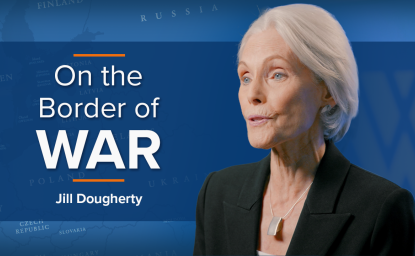During the 12 years of Lee Hamilton's leadership, the Woodrow Wilson Center has experienced its Golden Age. When he arrived after 34 years of distinguished service in the U.S. House of Representatives, Lee found the Center mired in problems of funding and governance. Assisted by a few of his talented colleagues that he brought with him from Capitol Hill, and with the continued work of Center staff, Lee led the effort to resolve some of these problems and sharpened the focus of the Center's research to more policy-relevant topics.
The Center added programmatic coverage of domestic and international economics, global health, and science and technology, and created dedicated institutes to focus on issues related to Canada, Mexico, Brazil, and China and their relations with the United States. He also sponsored new programs focusing on such regions as Africa and Southeast Europe.
Lee generated the resources to expand the Center's substantive coverage and dramatically improve its outreach capacity. He also encouraged expansion of the Center's dialogue program, which ventured into television broadcasts under his leadership, and its presence on the Internet, including the webcasting of many important meetings.
Lee initiated a Director's Forum series to bring distinguished political, business, and cultural leaders to speak at the Center. His personal work as co-chairman of the 9/11 Commission and the Iraq Study Group as well as his membership on numerous other national commissions and advisory boards brought significant prestige and recognition to the Center.
Lee Hamilton's greatest contribution to the Center and beyond flowed directly from the person he is. For his sound judgment, his modesty, his sense of humor, and his unimpeachable integrity, Lee has won the respect of leaders of both political parties, the media, and the public.
Within the Center, Lee was sought after to participate in every important meeting and greet each distinguished visitor. Scholars and staff greatly valued opportunities to talk with him informally over lunch or at receptions. Beyond the Center, he received numerous requests for keynote speeches, commencement addresses, and service on advisory groups. He was interviewed frequently by television and print media and published a weekly column on international affairs in the Indianapolis Star.
The Wilson Center's scholars and staff are grateful to have served under his leadership for more than a decade, and we will miss him greatly. We extend our heartiest good wishes to Lee and his wife Nancy as they return to Indiana.


